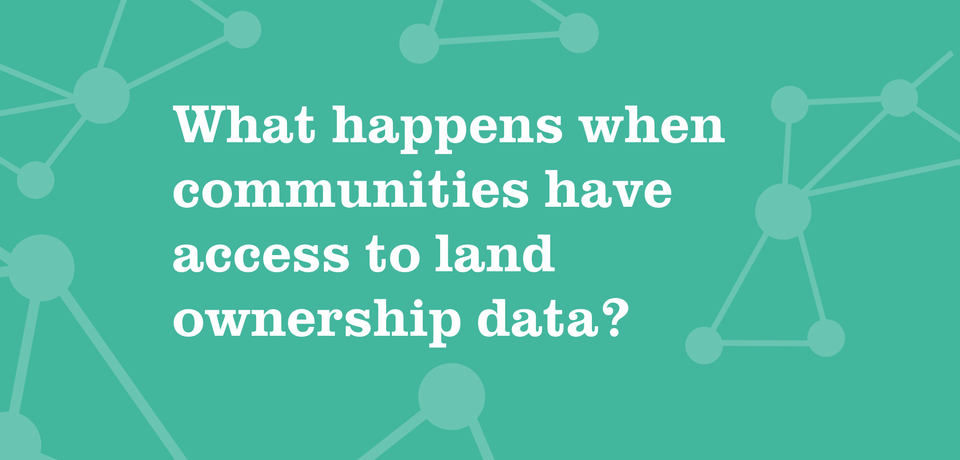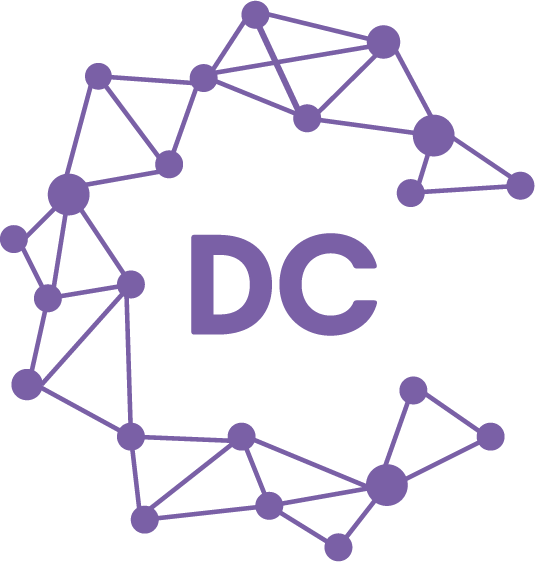New Report

Who owns land is one of the most important, and opaque, questions in the UK today. For communities trying to respond to the challenges of our times - from the housing crisis to climate breakdown - the simple act of finding out who owns the land around them can be a major barrier.
Transparent land ownership data is a critical enabler of community action. Whether people are seeking access to green space, organising to create a community garden, mobilising to count and monitor bird and insect species, or looking for sites for community-owned energy, knowing who owns what allows people to organise, evaluate and ultimately act. If we want communities to step up and solve problems locally they need to be empowered to do so. Access to land ownership information is a vital step in that empowerment.
This is why we build LandExplorer - because we believe that by offering community groups, social and ecological movements and justice activists access to information on land it empowers them to act.
In December 2023, we launched a feature in LandExplorer - an interactive layer to view the land held by UK and foreign companies, bridging together open data sets with the support of a range of community, campaign and public data, alongside some truthing via the National Polygon Service. For the first time, this information was made freely available to the public allowing us to ask: what happens when communities have access to land ownership data?
Hundreds of individuals, groups and organisations made use of this information and 54 people filled in our survey asking why and what for. For 18 months, we gathered responses from users to understand how this data was being used.
We found this data could play a critical role across key themes of community organising, ecological regeneration, community energy, housing justice, and food production. The ability to quickly find land ownership information empowers individuals and groups to take action on a range of issues, from rubbish clearing to biodiversity monitoring, from discussing community solar installations to exploring affordable housing sites and negotiating meanwhile growing spaces. Access to land ownership data empowers action at a community level. The stories we have collected show people want to act locally to improve their locality and community.
